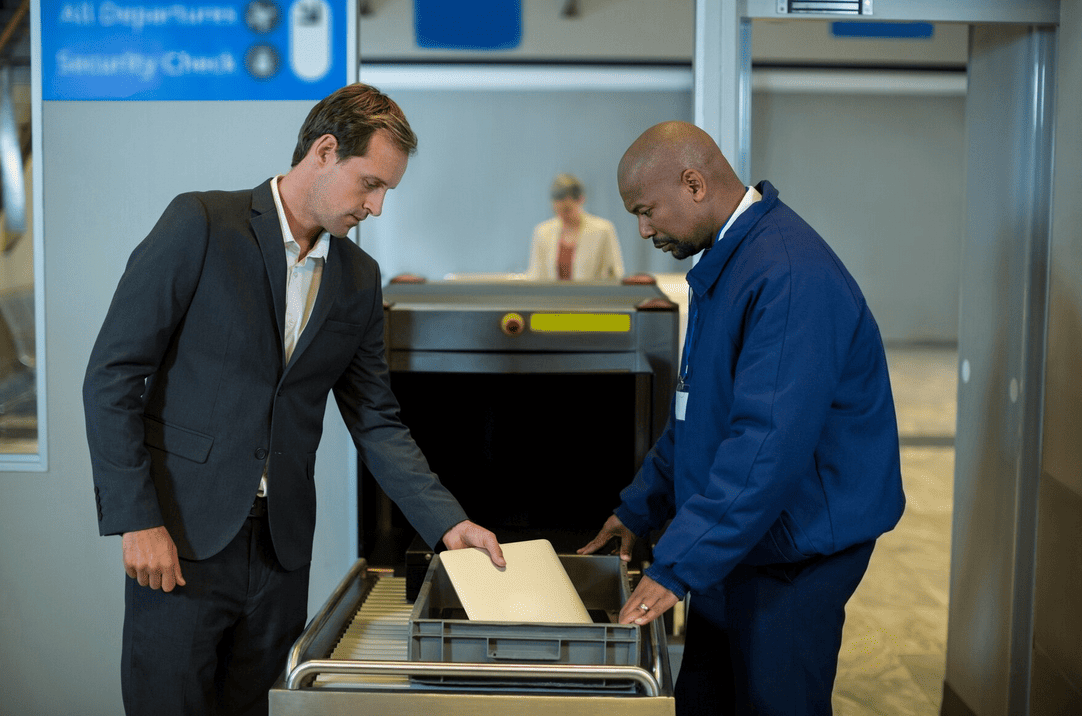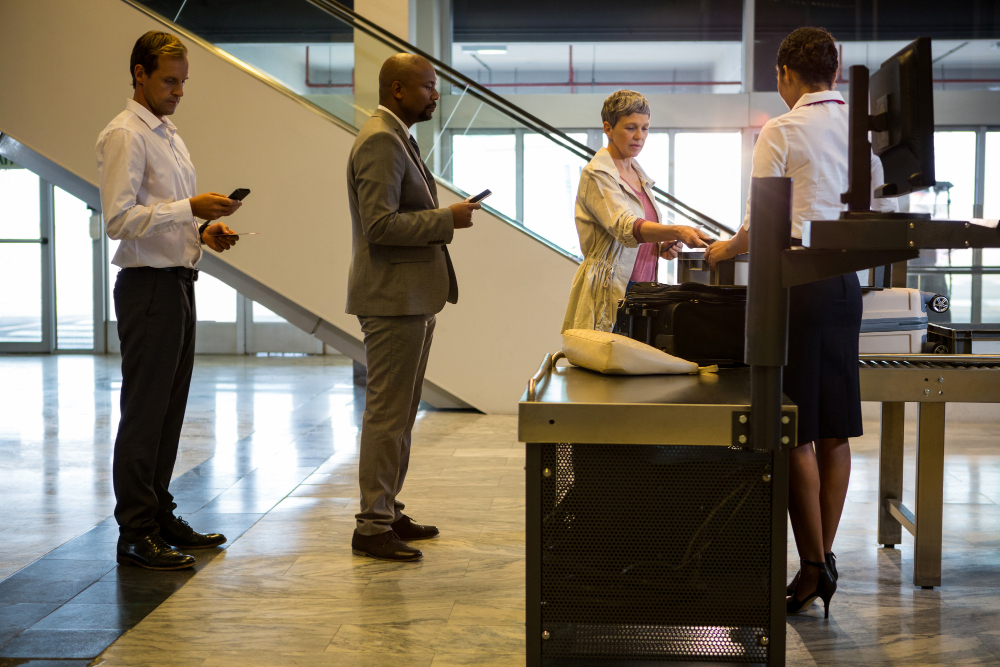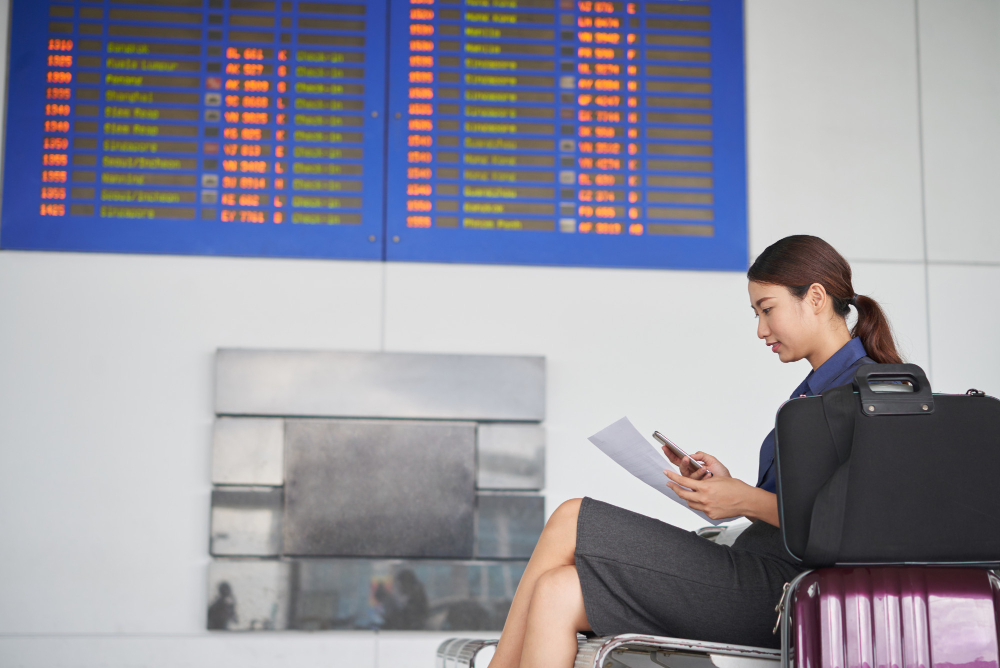Why the TSA Background Check Is Required
The FAA partners with the TSA to ensure that all individuals certified to operate drones commercially in U.S. airspace meet national security and safety standards. The TSA background check serves as a filter to prevent individuals with potentially dangerous histories from gaining access to U.S. airspace in any capacity—even via unmanned aerial systems (UAS).
This measure not only protects the public and national infrastructure but also promotes a trustworthy industry standard for commercial drone operations. Since drones can be used to access sensitive areas or gather data, confirming the identity and legal background of each remote pilot is vital.

What the TSA Checks
The TSA background check focuses primarily on:
- Criminal history
- Citizenship or legal residency status
- Possible ties to terrorism or national security threats
- Disqualifying offenses (e.g., felonies involving violence, aircraft, drugs, or explosives)
It’s important to note that not every criminal offense results in automatic disqualification, but certain crimes—especially those related to transportation, weapons, or violence—can result in denial of certification.

When and How It Happens
You don’t need to apply for the TSA background check separately. Once you’ve passed your FAA Part 107 exam, you must complete your application for a Remote Pilot Certificate through the IACRA (Integrated Airman Certification and Rating Application) portal: iacra.faa.gov.
During the IACRA registration, you’ll enter your personal identification details, including:
- Legal name
- Address
- Date of birth
- Citizenship or residency documentation
- FAA Tracking Number (FTN)
After submitting your application, the FAA automatically forwards your information to the TSA for a background check. No additional forms or appointments are required unless the TSA contacts you for more information.

How Long It Takes
Typically, the TSA background check process takes 7 to 14 business days, but it may take longer depending on volume or individual circumstances. Once cleared, the FAA will issue you a temporary Remote Pilot Certificate via email. This certificate is valid and allows you to begin flying commercially while waiting for your permanent plastic card to arrive by mail—usually within a few weeks.
What If You’re Denied?
If your background check is denied:
- You will be notified by the TSA or FAA.
- You may be given an opportunity to appeal the decision or provide additional documentation.
- In some cases, individuals can reapply after resolving legal or eligibility issues.

Final Thoughts
The TSA background check is a key security step in the Part 107 certification process. For most applicants with a clean record and proper documentation, it’s a smooth and straightforward experience. By ensuring all commercial drone operators are vetted for safety and trustworthiness, this process helps build a more reliable, respected, and secure drone industry.
Make sure your records are up to date, your legal documents are accurate, and your IACRA application is carefully completed to avoid unnecessary delays.


